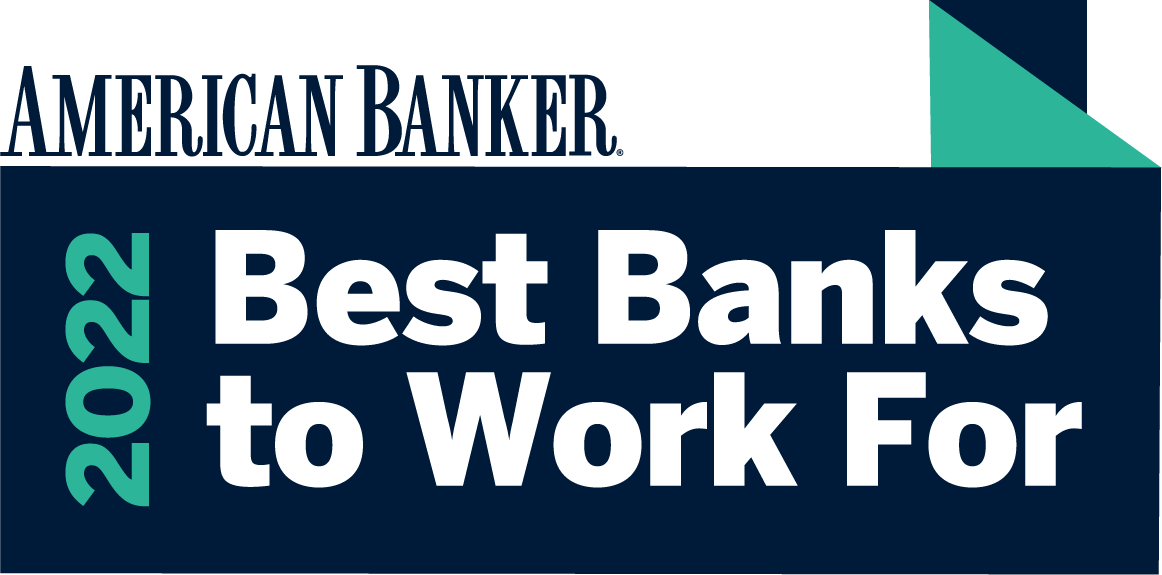The next time you receive a frantic call from someone saying they are your grandchild and asking for money, make sure it’s actually yourgrandchild who’s calling. According to the Federal Trade Commission, between 2012 and 2014, consumers reported more than $42 million in losses from scams involving the impersonation of family members and friends. This scam, commonly known as the “grandparent scam,” is a form of financial abuse that deliberately targets older Americans.
To commit this crime, fraudsters call claiming to be a family member in serious trouble and in need of money immediately. The scammer might say he’s stranded or has been mugged, and call in the middle of the night to add to the urgency and confusion. Once the money is wired, the victim later finds out that it wasn’t their grandchild they were helping…it was a criminal!
As fraudsters become more sophisticated, it is extremely important for older Americans to confirm who they are speaking to before they act on any request to send someone a large amount of money. Here are some tips to help you prevent impersonation fraud:
Confirm the caller. Fraudsters use social networking sites to gain the personal information of friends and relatives to carry out their crimes. Verify the caller by calling them back on a known number or consult a trusted family member before acting on any request.
Don’t be afraid to ask questions. Fraudsters want to execute their crimes quickly. The more questions you ask the more inclined they will be to ditch the scam if they suspect you’re on to them.
Never give personal information to anyone over the phone unless you initiated the call and the other party is trusted.
Never rush into a financial decision and trust your instincts. Don’t be fooled – if something doesn’t feel right, it may not be right. Feel free to say no and get more information before you send money to someone.
Watch Lakeland Bank’s video to learn more about the grandparent scam: http://bit.ly/1WRJMHp. And, you can find more information about protecting your financial and personal information in our Simply Speaking blog section on LakelandBank.com.



